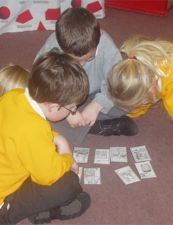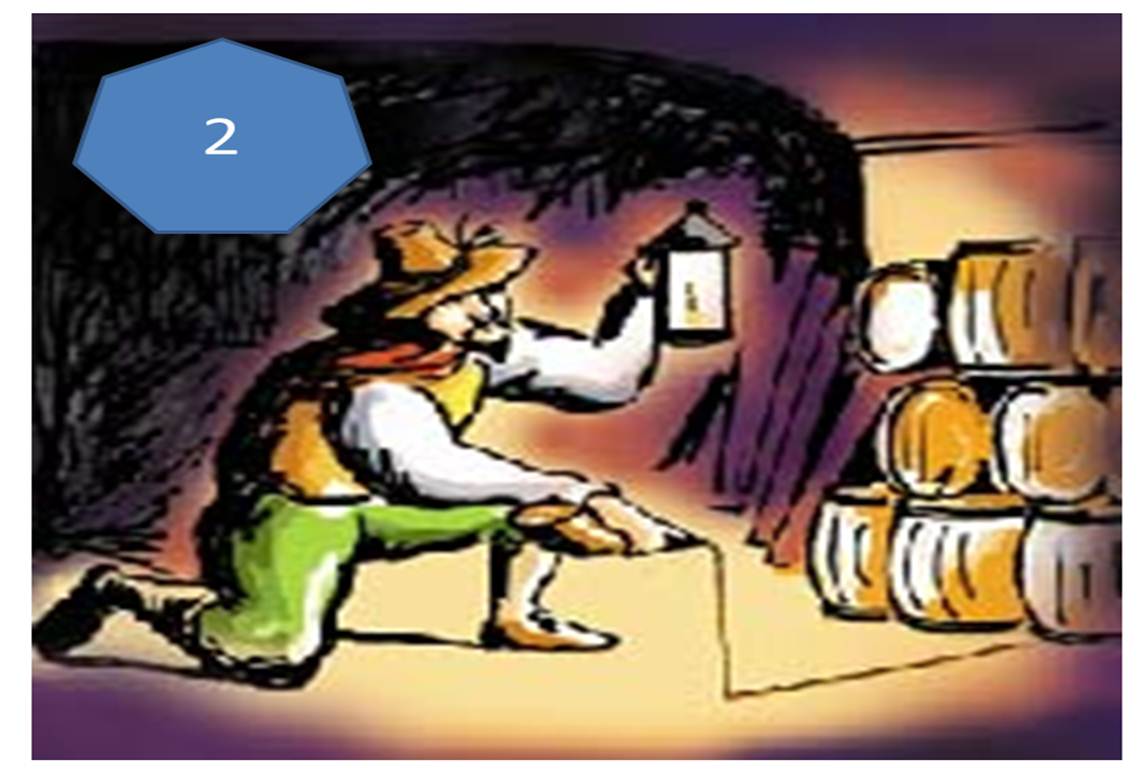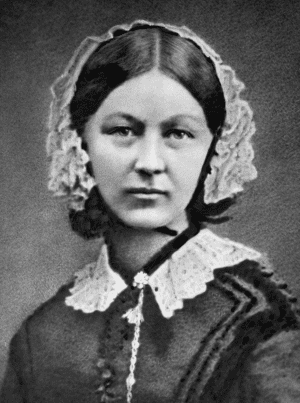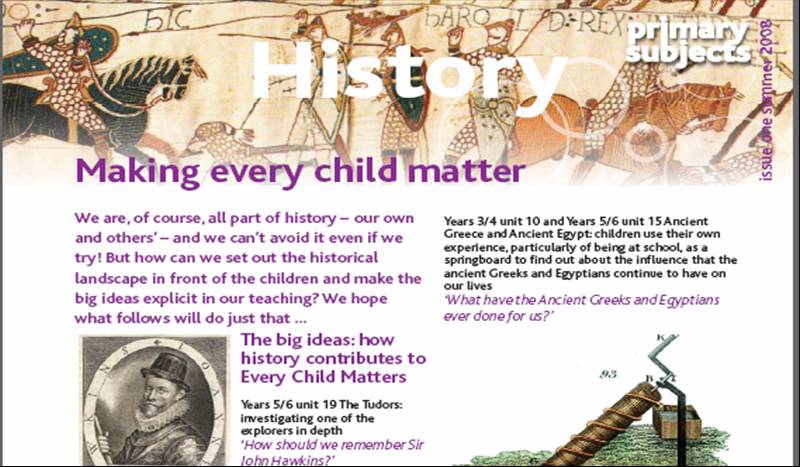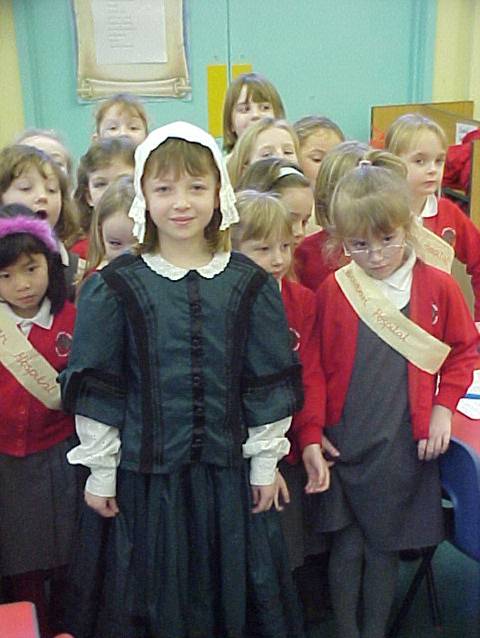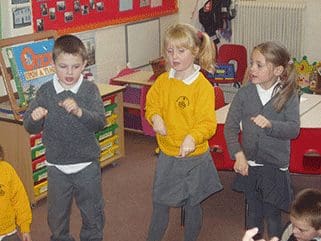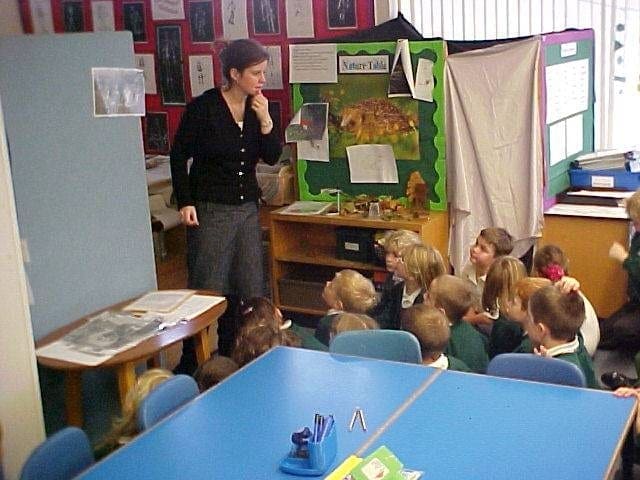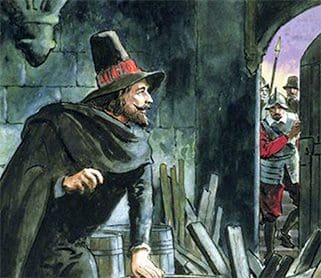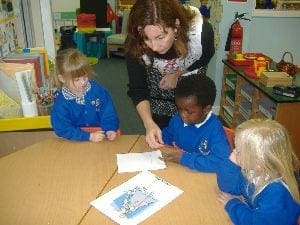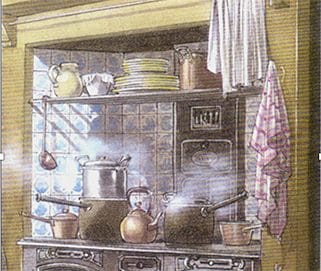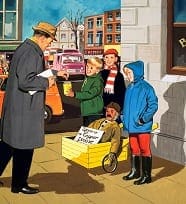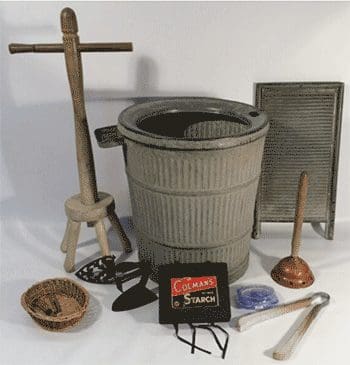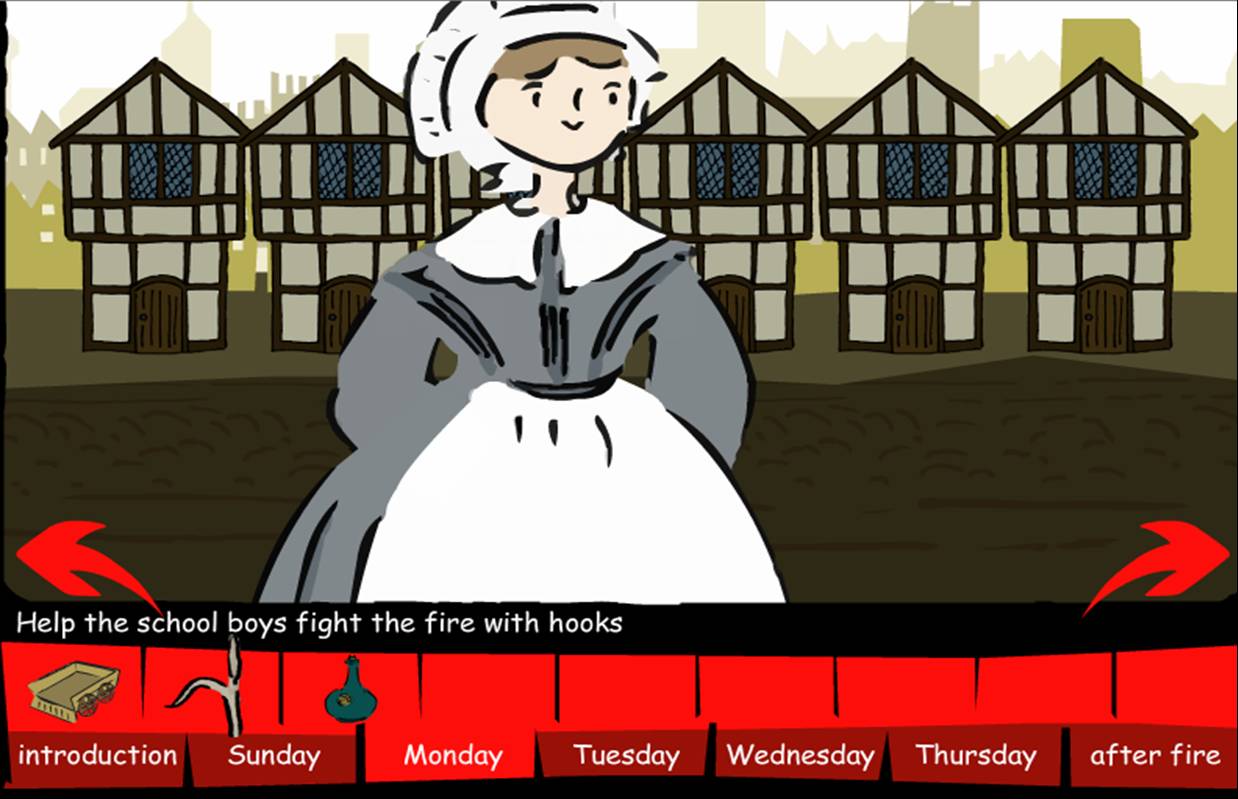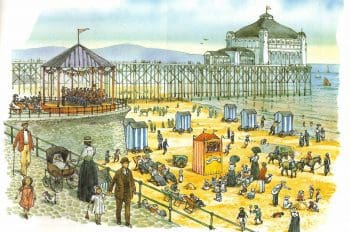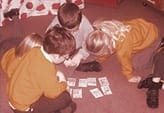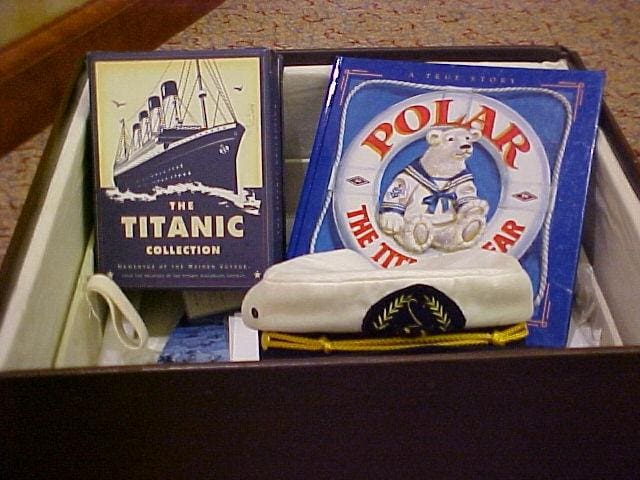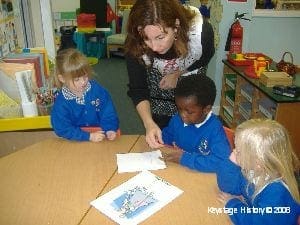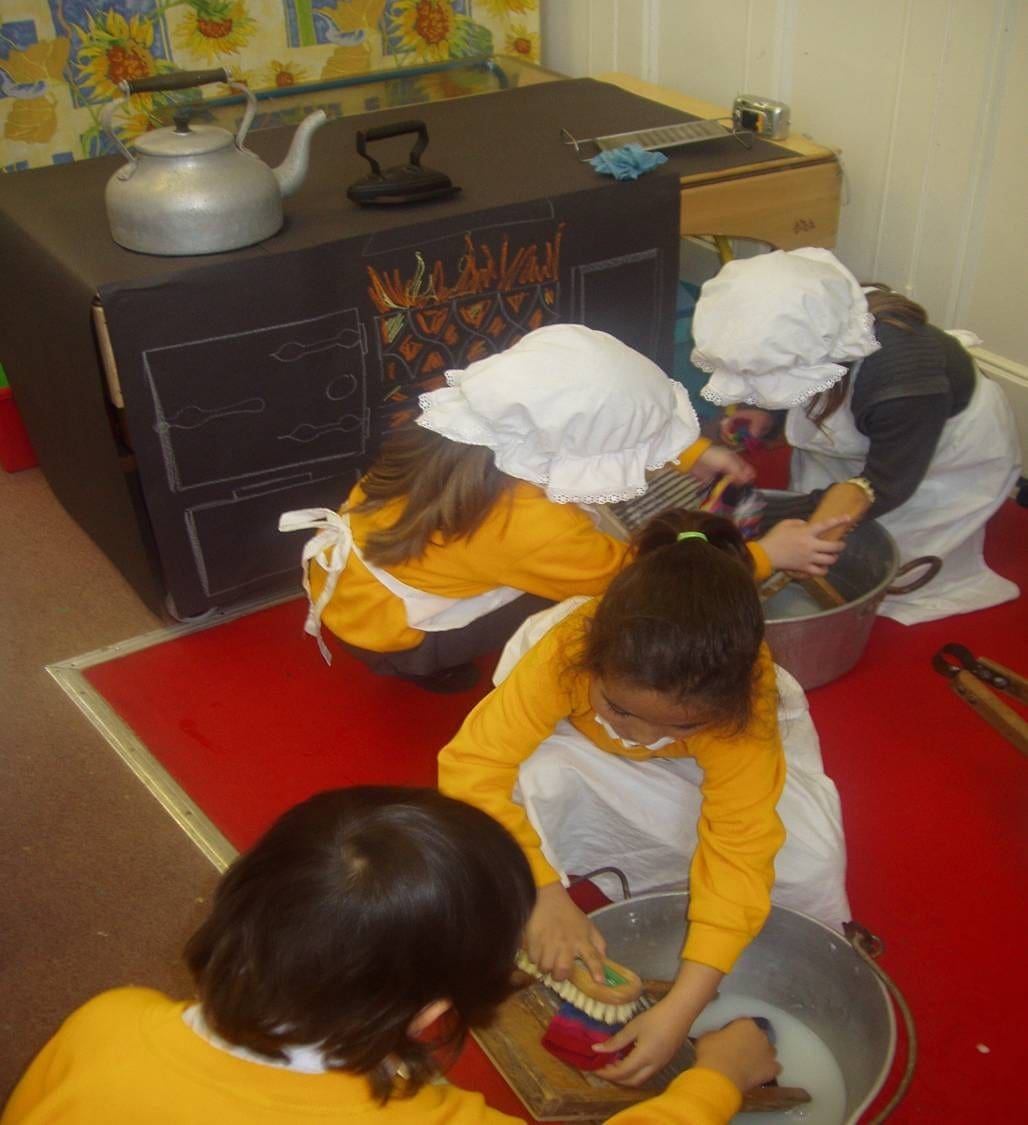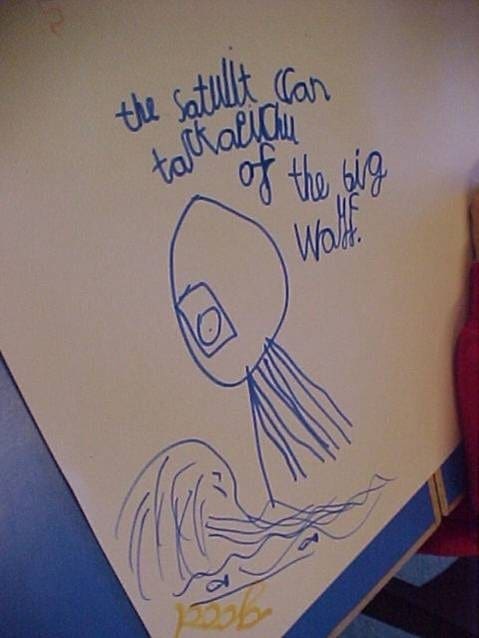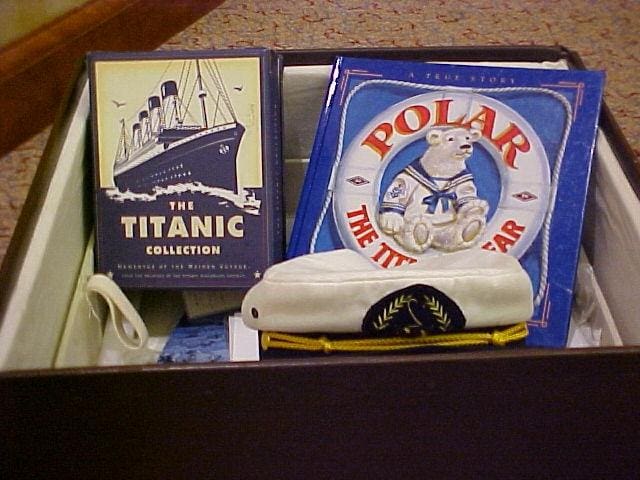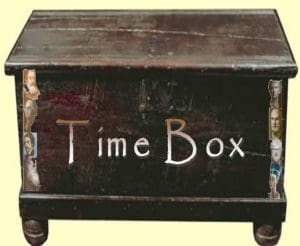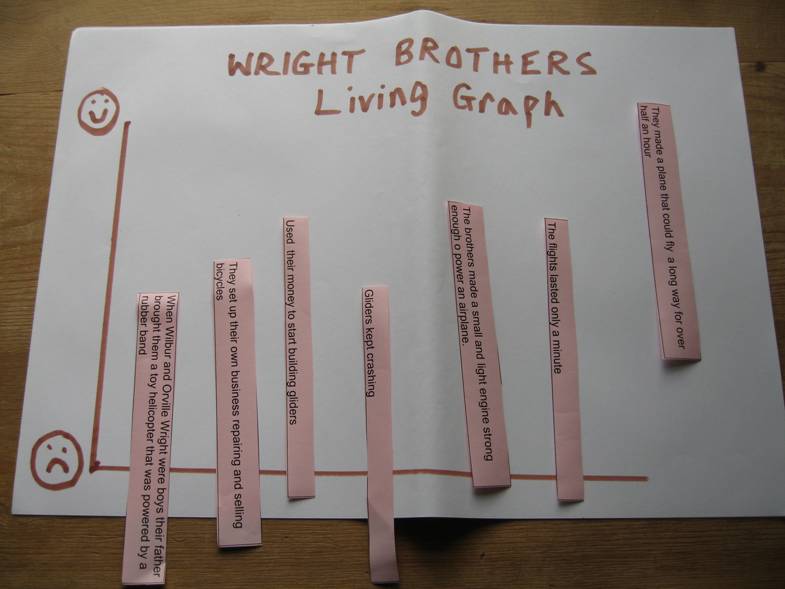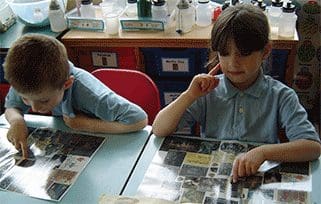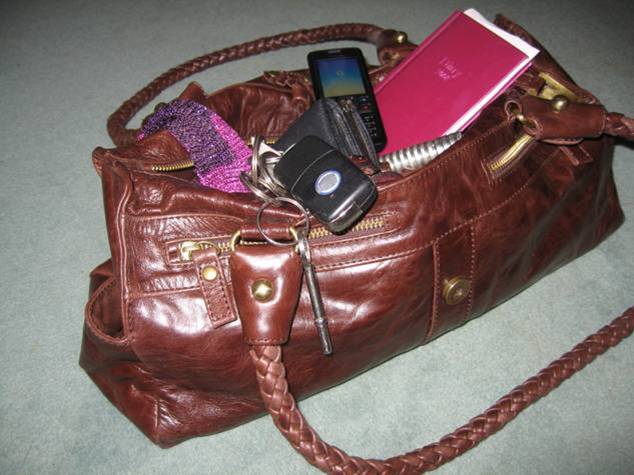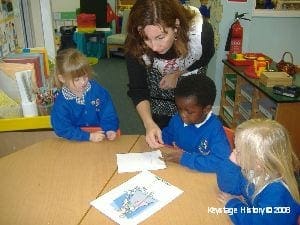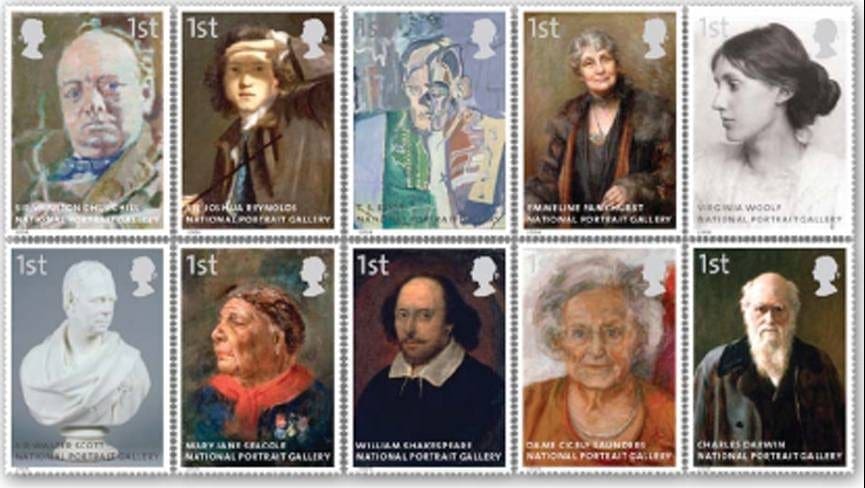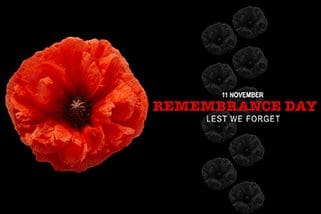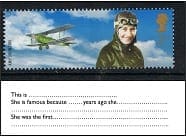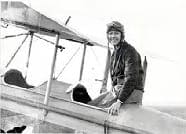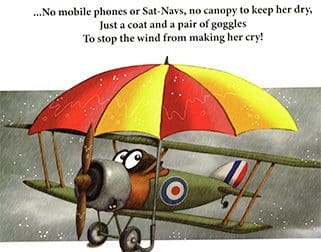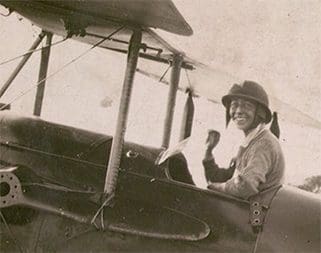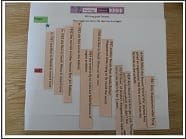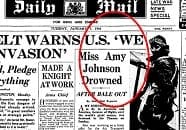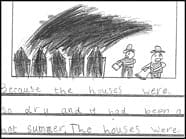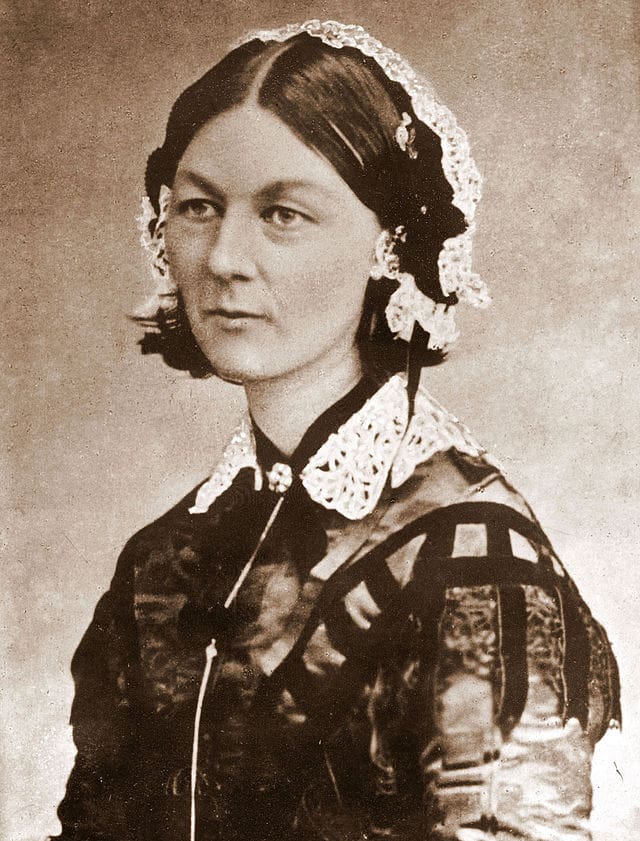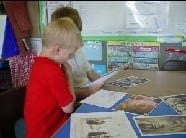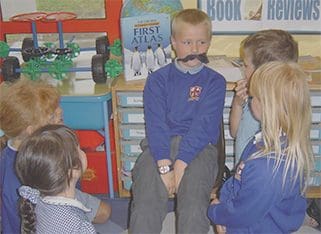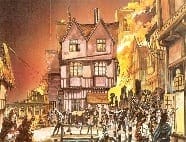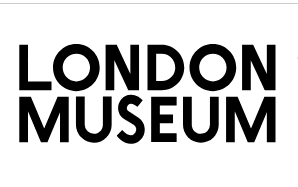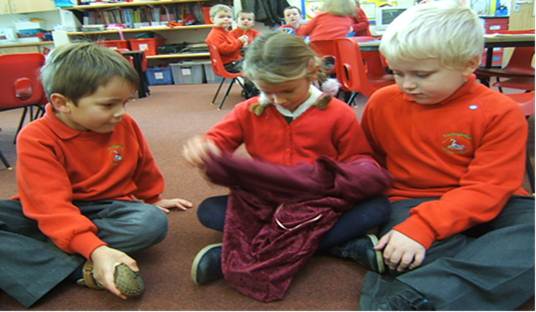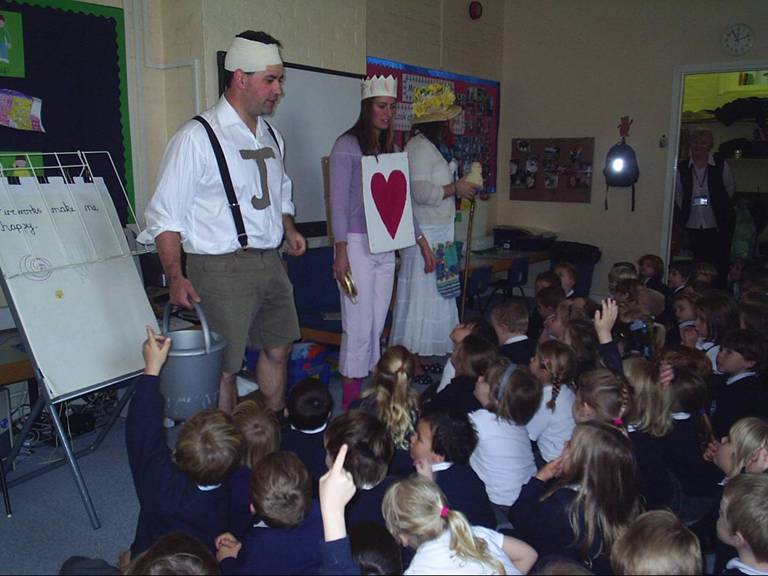Teaching history at Key stage 1
Fighting Fit. What did Florence do to improve the lives of the soldiers when she arrived in the Crimea?
In this lesson children compare the appalling conditions in the hospitals on Florence’s arrival at Scutari. With the help of…
Read MoreUsing drama to teach the Gunpowder Plot at KS1: a big hat, a lantern and a sleeping guard
You may choose to use drama for any number of reasons. You might simply want to recap the story. Perhaps…
Read MoreUsing data to improve history teaching and learning at Key Stage 1
Given that there is no subject-specific data on history at KS1 this might seem a strange inclusion on the site. …
Read More2 fun facts for pupils studying Florence Nightingale at KS1 and 2 key learning points
Just thought these two fun facts might interest your pupils, building on infants’ interest in animals rather than death rates…
Read MoreWhat is History?
12 key ideas young children need to grasp in history, and how they might do it. Most of you reading…
Read MoreFlorence Nightingale and Mary Seacole SMART TASK
Who said it? / Who am I? This simple task encourages children to spot the differences between Florence Nightingale and…
Read MoreThe learning process in history at KS 1
Given that this site specialises in giving practical support to busy teachers and subject leaders, you may be surprised to…
Read MoreThe Gunpowder Plot : a moving story
This is an account of a lesson taught by Sarah Duck, now a Leading Primary Teacher. She combined high quality…
Read MoreThe Gunpowder Plot: Prove it using a gallery of images
This skilfully differentiated lesson places pupils in the role of detectives that have to find evidence to back up statements…
Read MoreTeaching In Living Memory to Key Stage 1
Within living memory is one of the periods of time KS1 pupils need to study. At first sight it might…
Read MorePolly put the kettle on. Learning about then and now, past and present
This is one of a series of 3 separate sessions on different nursery rhymes, building up children’s understanding of the…
Read MoreBonfire Night when Granny was a girl: Smart Task
These activities have been designed for the current curriculum, covering the past within living memory and commemorative events. The three…
Read MoreWashday in the past; helping the hopeless Mr Lather
The children will be familiar with the range of processes involved in washing clothes in the past. They will have…
Read MoreHelp Tom to fight the Great Fire. Smart Task
This ICT based activity draws heavily on the superb new website created as a joint enterprise by the National Archives,…
Read MoreKS1 : Going to the Seaside-the mystery of the pier
One of the more interesting features of the Seaside holidays topic is the fact that it opens up discussion, even…
Read MoreRoles of learners
One of the best ways of exciting young children in history is to put them in role. Dorothy Heathcote’s approach…
Read MoreImaginative history outcomes at Key Stage 1
A key part of motivating infants in history is providing interesting practical products that really stimulate their interest. When so…
Read More50 imaginative history learning activities for KS1
This ground-breaking section offers a massive range of ideas, arranged in alphabetical order. Some of the titles may seem a…
Read MoreWhy should Mary Anning be remembered? Have your say. SMART TASK
In Lyme Regis they are going to improve their Museum dedicated to Mary Anning. It will cost a lot of…
Read MoreInclusion at Key Stage 1
In addition to advice on: being healthy, staying safe, enjoying and achieving, making a positive contribution etc, this site focuses…
Read MorePersonalised learning in history at KS 1
This is certainly one of the key areas to be focusing on in the next few years and lies at…
Read MoreGender issues in history at Key Stage 1
It is tempting when thinking about boys’ achievement to focus on teaching and learning, but there is a stage before…
Read MoreGifted and Talented in history at KS1
Much has been written in general terms about identifying and then catering for able pupils in history. OFSTED and others…
Read MoreMotivating pupils in history at Key Stage 1
The essence of what appeals to pupils can often be summed up by the words, People, Puzzle and Point. Children…
Read MoreUsing artefacts to help children’s historical understanding at Key Stage 1
Since the early 90s, artefacts have become increasingly available either to purchase or to loan. Many firms offer useful replicas…
Read MoreUsing ICT and film at Key Stage 1
This section alerts you to where you will find examples of published best practice as well as featuring a few…
Read MoreTeaching chronology at Key Stage 1
Mention the teaching of chronology to most infant teachers and their eyes glaze over. Their experience is that it is…
Read More‘100’ great ideas for teaching history at KS1
At present there are nearly 80 ideas arranged in alphabetical order. You will see that a brief description is offered,…
Read MoreWhat makes an outstanding lesson in history at KS1?
There are no separate OFSTED criteria for outstanding primary history let alone for infants alone. The criteria HMI use are…
Read MoreThe teaching process in history at KS1
The approach offered on this site is only one of many you might know, or even use. Heaven forbid that…
Read MorePersonal & Family: Ourselves Key Stage 1
It is not always easy knowing what history to teach very young infants. There are three main issues. How do…
Read MoreTeaching Myself – Muddled Bags
As you would expect, it is far better to start with the children themselves and images of them growing up,…
Read MoreTeaching Nursery Rhymes to Key Stage 1
This topic is extremely well suited to children in Year R as part of the Foundation stage curriculum. Not only…
Read MoreMary Seacole – How should we remember her?
This lesson is the second featuring Mary Seacole. In the first her role was compared with Florence Nightingale’s. The focus…
Read MoreViews of learners on history at Key Stage 1
There has been very little published research on the views of infants on their history work. I think we might…
Read MoreHow will your school commemorate the end of World War One in 2018?
This short advice sheet invites schools to consider how they will commemorate the centenary of armistice day and provides an…
Read MoreAmy Johnson – KQ1 – Why do you think Amy Johnson was famous?
With the help of the slow reveal of the clues in carefully arranged order, pupils build their knowledge of Amy…
Read MoreAmy Johnson – KQ2 – How did Amy the secretary end up being the first woman to fly to Australia?
This short, fun activity using mime and props, tells the story of Amy Johnson’s first flight to Australia in a…
Read MoreAmy Johnson – KQ3 – Why was flying to Australia so difficult for Amy Johnson?
Having heard the story of Amy Johnson’s life, pupils are now asked to focus their attention on explaining why it…
Read MoreAmy Johnson – KQ4 – How did people react to Amy Johnson’s famous flight?
How did people react to Amy at the time, and how do we know? Children generate adjectives to describe Amy’s…
Read MoreAmy Johnson – KQ5 – How did things change for Amy Johnson after her famous flight?
Was Amy really successful for the rest of her life? A Living graph Smart Task KQ5 The focus here is…
Read MoreAmy Johnson – KQ6 – How can we solve the mystery of what happened to Amy Johnson?
This enduring mystery has puzzled historians for over 75 years. New evidence has just come to light which makes this…
Read MoreKS1 Star Lesson on The Great Fire
Why did the Great Fire of 1666 burn down so many more houses than other fires in London at that…
Read MoreHow well do you and your pupils know Florence Nightingale?
Here are 10 probing questions. See how you get on. Oh, and the answers are given below, in case you…
Read MoreJust how good is your KS1 history curriculum?
The 12 most crucial questions to ask yourself about your KS1 history curriculum, and some expert answers if you get…
Read MoreTeaching Famous Events at Key Stage 1 – Outstanding Lessons
There are two types of events that are expected to be taught to KS1 pupils as part of the National…
Read More6 top history ideas to cover in your Great Fire topic
Many of you will be starting your Great Fire topic this term. Naturally you will want this to be exciting…
Read MoreKeeping up-to-date with your teaching of the Great Fire at KS1
If you get the chance, between the end of term and April, to visit the Museum of London’s exhibition Fire!…
Read MoreWhat’s in the bag and who does it belong to? Great Fire Smart Task
An object-based problem-solving approach to learning about life during the Great Fire This Smart Task is just part of a…
Read MoreUsing nursery rhymes to develop thinking skills in YR: Jack and Jill and the Queen of Hearts
This lesson was kindly provided by David Cowie and his team at Ringwood Infants C of E School. Their theme…
Read More
